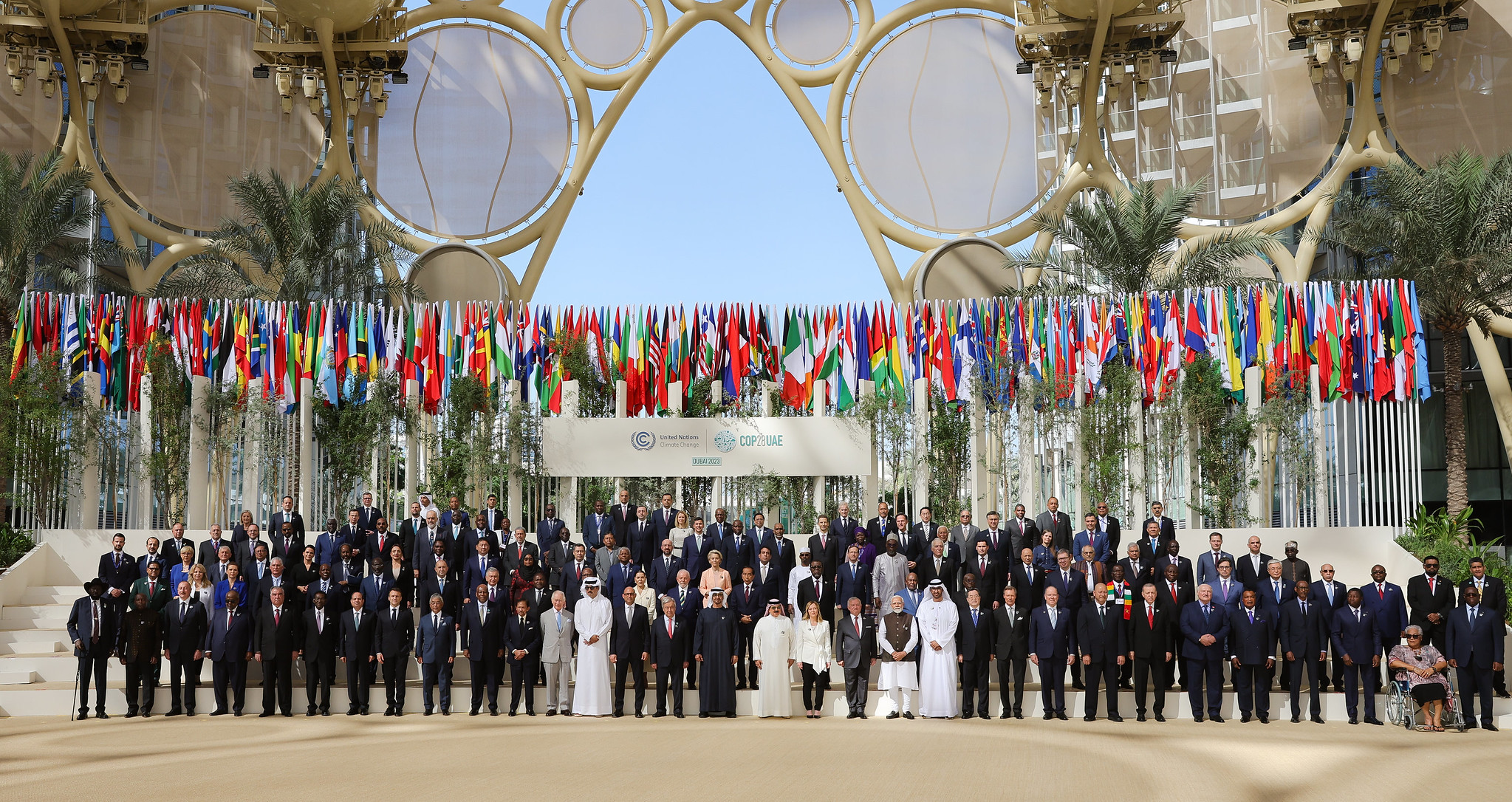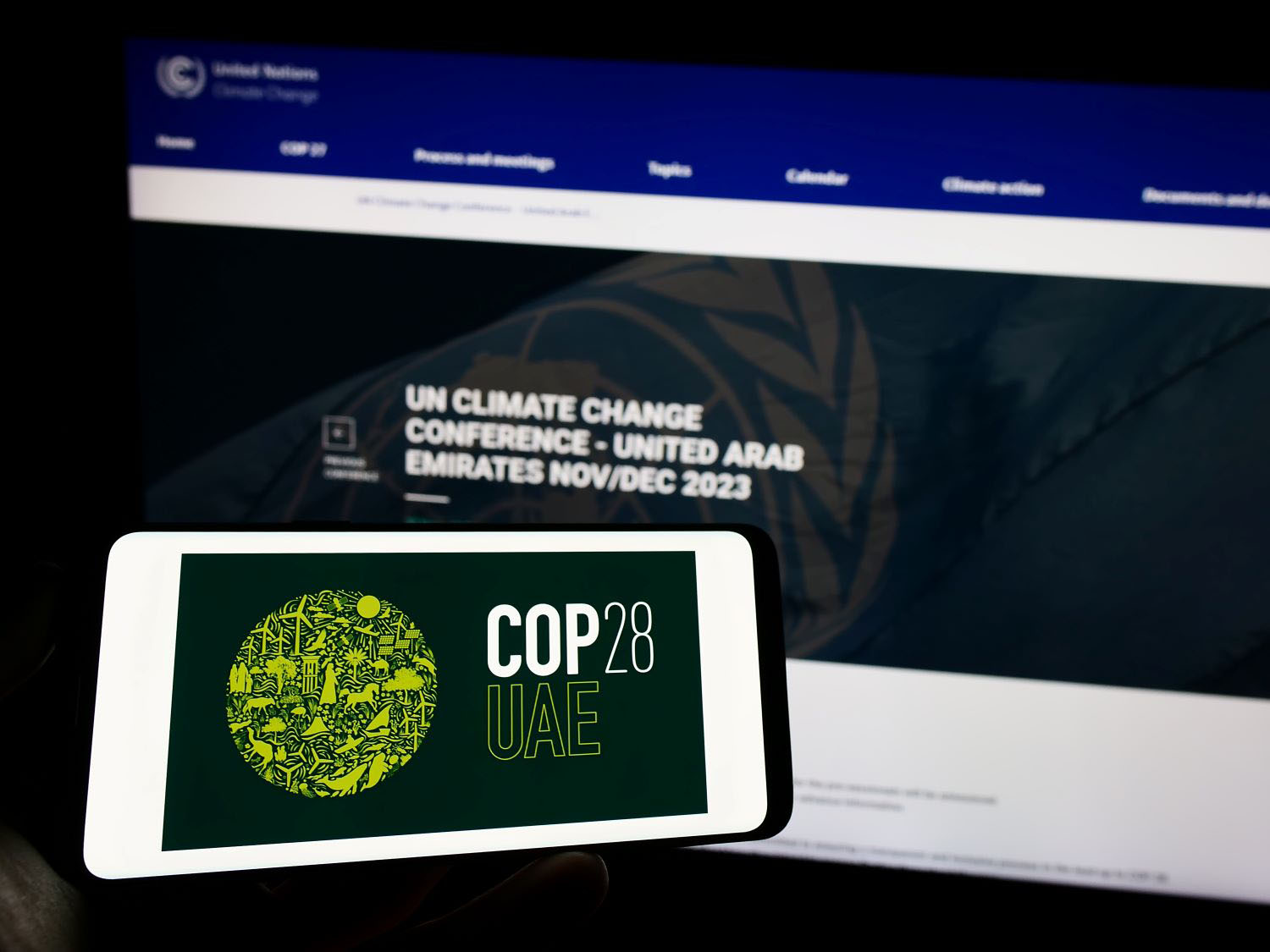The stars are aligning to modernize US development finance. The BUILD Act, which would create a full-service US International Development Finance Corporation (USIDFC), has passed the House and is headed to the Senate. As for the White House, it has also indicated support for the bill, which is prioritized in its National Security Strategy and included in its FY 2019 budget request.
This is hugely important because private finance—rather than aid—is the future. As previously poor countries get richer, a new, modernized development finance agency will help the US continue to partner with these countries and address pressing development priorities in ways that traditional aid can’t.
It’s the right time domestically, too. Given the current political and spending climates, it’s even more important to make sure US assistance goes further and produces more benefits for developing countries and the US alike. And there are many benefits: the BUILD Act will catalyze investment in some of the most fragile countries, bolster US national security, and it costs no new money for American taxpayers.
My recent op-ed with Rob Mosbacher Jr. goes into more detail on what a new US development finance institution could do for the energy sector specifically, and why investing in energy is a win-win proposition for the US and developing countries:
Nigeria, for example, is an important American ally that will have a larger population than the United States by around 2045. Yet, they are on track to have just 23 gigawatts of electricity generation capacity, while the U.S. has more than 1,000 gigawatts. If we don’t find ways to strengthen the energy systems in countries like Nigeria, they will become sources of instability rather than thriving trade and security partners.
The BUILD Act is especially timely because of the rise of China and other emerging markets. Many countries are already using development finance to enhance their influence and to expand investment opportunities. The U.S. has made a start, but without a fully enabled finance institution, we risk falling further behind, particularly as China aggressively pursues projects in strategic parts of the world.
You can read the full op-ed in Forbes here.
CGD blog posts reflect the views of the authors, drawing on prior research and experience in their areas of expertise.
CGD is a nonpartisan, independent organization and does not take institutional positions.





